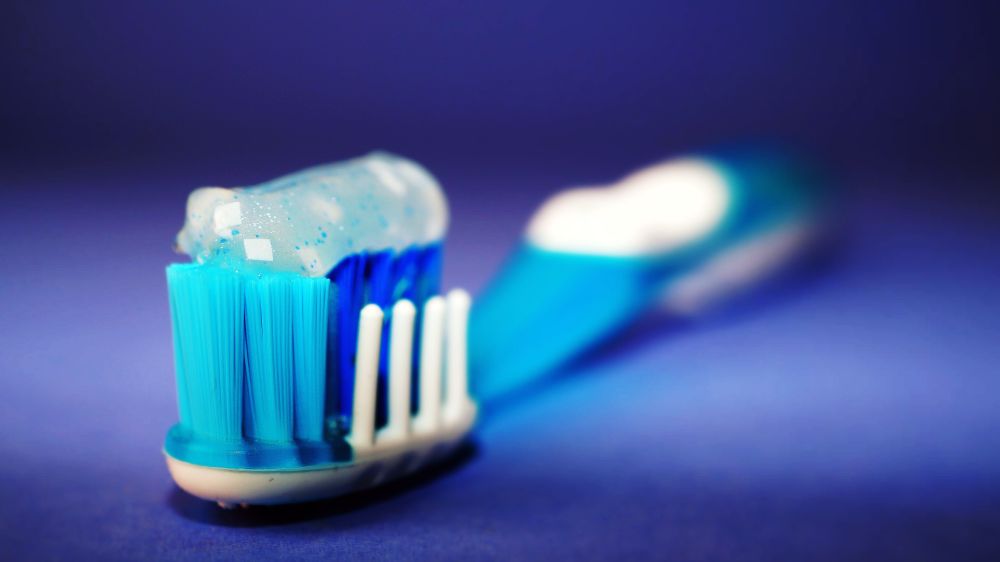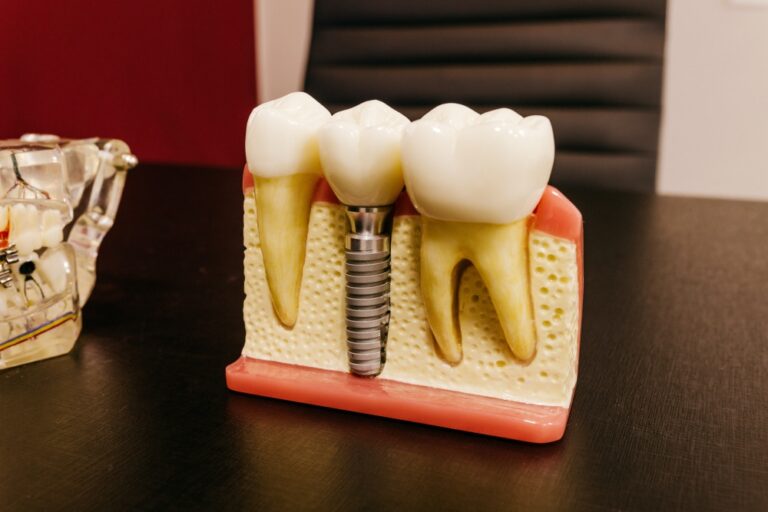Early gum disease is often painless and may go unnoticed until it progresses, making it critical to understand and address it early. This condition, also called periodontitis, begins with bacteria buildup in your mouth and can lead to tooth loss and serious health problems like heart attacks, strokes, and complications in diabetes. The moment your dentist detects early gum disease, it offers the best chance to reverse the damage and improve your oral hygiene before things worsen.
How Early Gum Disease Starts
The first step in early gum disease development is the accumulation of bacteria and food particles around your teeth. If you do not clean your teeth regularly and thoroughly, this mixture forms a sticky film called plaque. Plaque produces acids that harm your tooth enamel and cause decay. Within 72 hours, plaque hardens into tartar, which is more difficult to remove with regular brushing and flossing.
Tartar buildup irritates your gums, causing inflammation called gingivitis — the earliest and mildest stage of gum disease. Gingivitis makes gums red, swollen, and prone to bleeding. If untreated, gingivitis progresses to periodontitis, where the infection damages the soft tissue and bone supporting your teeth. This can cause teeth to loosen or fall out and also allow harmful bacteria to enter your bloodstream, potentially affecting organs such as the heart, brain, lungs, kidneys, pancreas, and liver.
Symptoms to Watch For
People with early gum disease may not feel pain, but some signs to watch for include:
-
Bleeding gums during or after brushing and flossing
-
Red, swollen, or tender gums
-
Gums that are receding or pulling away from teeth
-
Persistent bad breath or unpleasant taste in the mouth
-
Loose or shifting teeth
If you notice any of these symptoms, it is essential to see your dentist for evaluation and early treatment.
Caring for Your Teeth with Early Gum Disease
Proper oral hygiene is the cornerstone of managing early gum disease. Brush your teeth at least twice daily with fluoride toothpaste, floss daily to remove plaque from between teeth, and use an antibacterial mouthwash to reduce harmful bacteria.
Your dentist may recommend more frequent professional cleanings than the typical twice a year. Adding a third cleaning annually can help control plaque and tartar buildup and is often a cost-effective way to prevent disease progression.
If necessary, your dentist might suggest root scaling and planing, a deep-cleaning procedure that removes plaque and tartar from below the gum line. This treatment helps gums reattach to the teeth and reduces pockets where bacteria can hide. It is typically done under local anesthesia and should not cause discomfort.
Supporting Oral Health with Lifestyle Changes
In addition to daily cleaning and professional care, lifestyle choices play a vital role. Quitting smoking reduces gum disease risk significantly. Eating a balanced diet rich in vitamin C, vitamin D, and calcium strengthens your gums and teeth. Managing chronic conditions like diabetes helps your body fight infections, including gum disease.
Preventing Progression and Protecting Your Health
Addressing early gum disease promptly not only protects your teeth but also reduces risks to your overall health. Advanced gum disease can increase your chances of cardiovascular issues, respiratory infections, and complications in diabetes.
Regular dental visits, adherence to recommended treatments, and a consistent oral hygiene routine are critical for preventing early gum disease from worsening. Early intervention helps maintain a healthy mouth and body.
When to See a Dentist
Even if you don’t have symptoms, it’s important to schedule routine dental checkups. Early gum disease can be detected through professional examination before you notice signs. Your dentist can provide personalized advice and treatment options to keep your gums healthy and avoid complications.
For more information and expert insights on oral and overall health, visit The Dental Medical Convergence.




